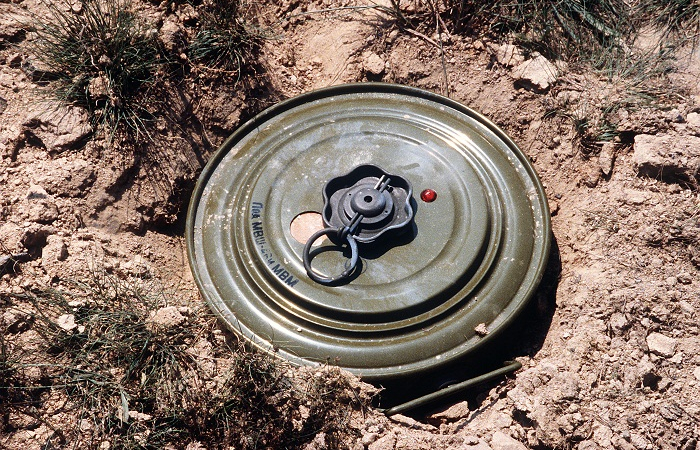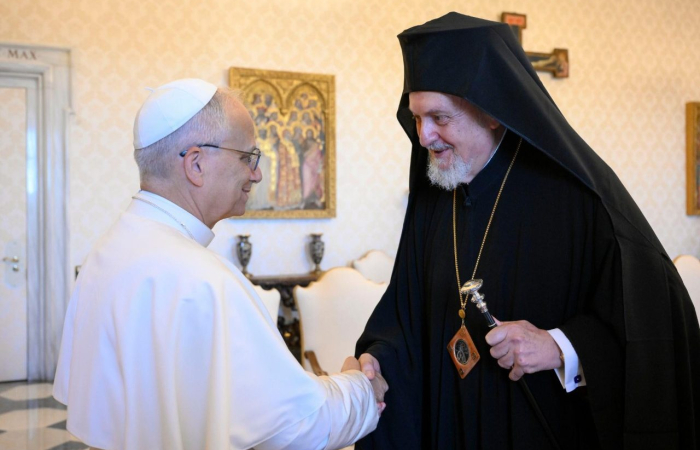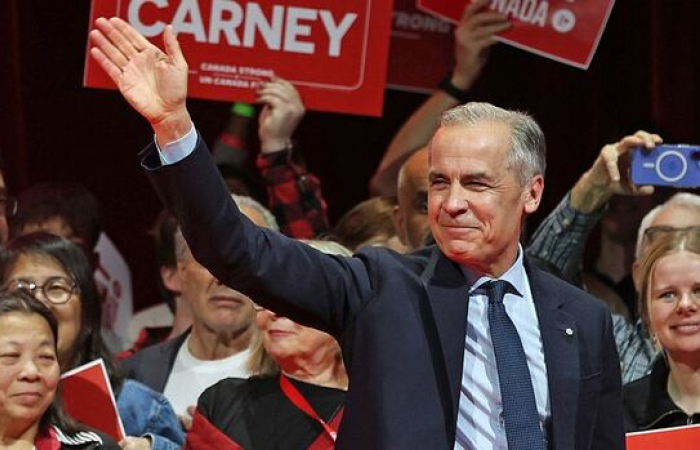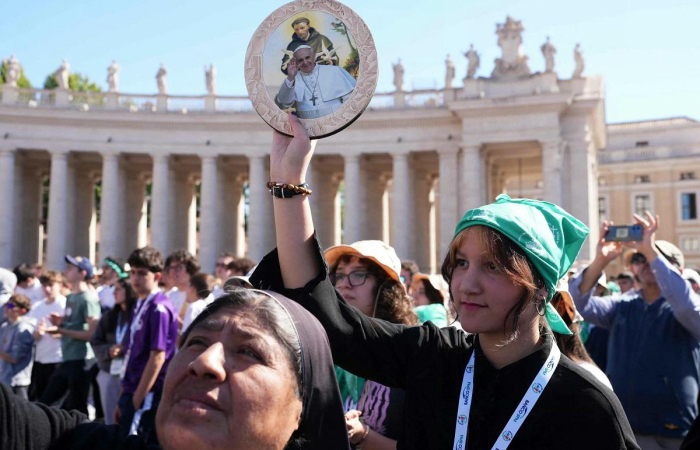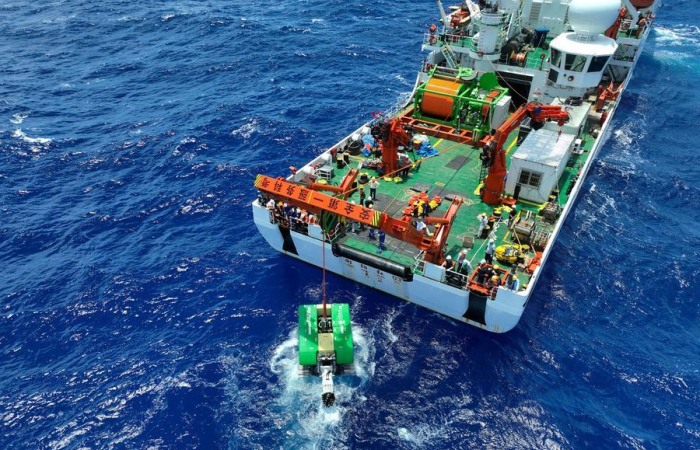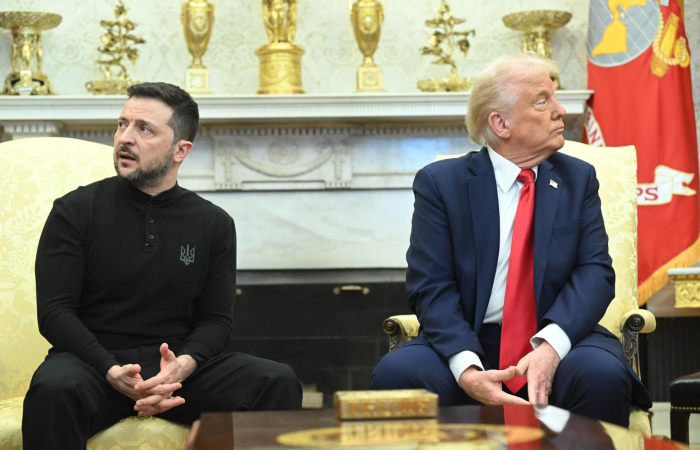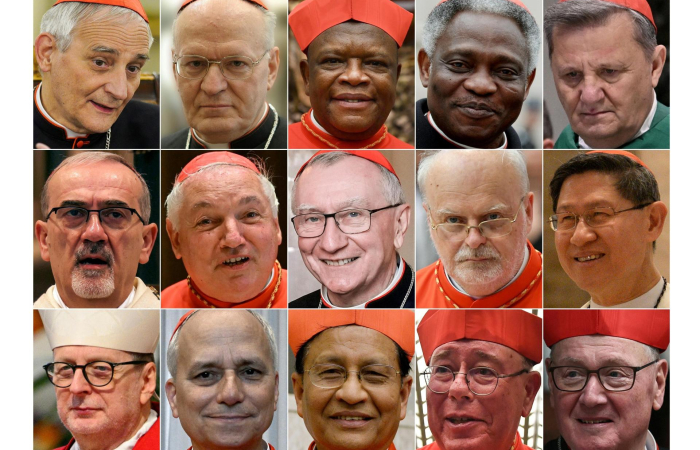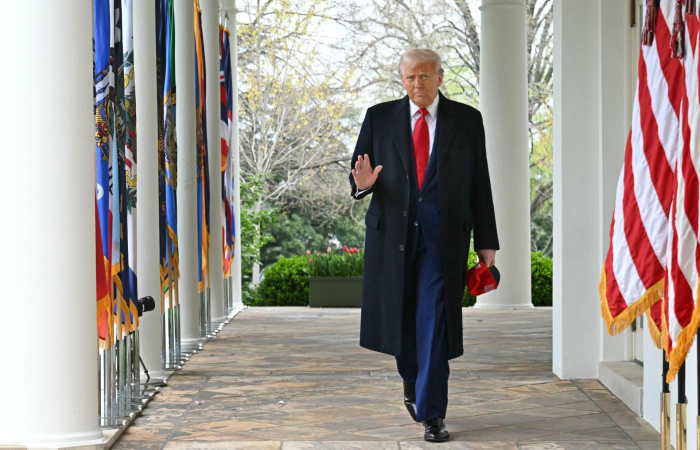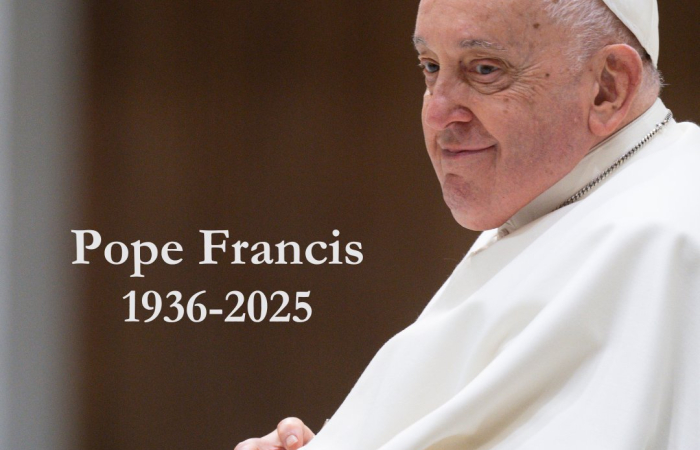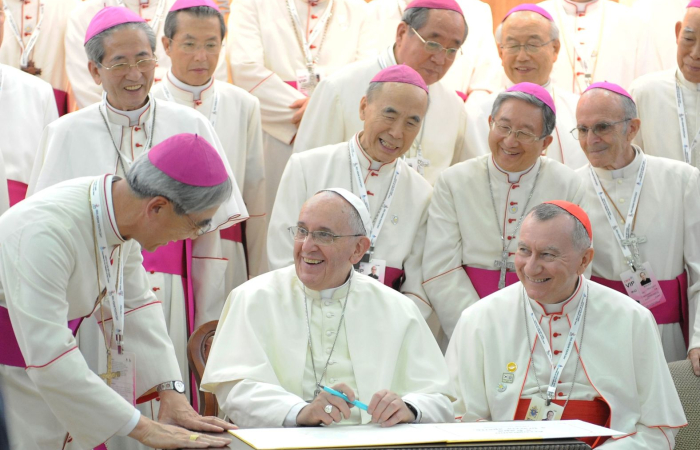Trending
Several countries bordering Russia will leave the Ottawa Convention which bans land mines
29 June 2025
Several countries that border Russia intend to leave the Ottawa Convention which bans anti personnel land mines. They include EU member states Finland, Poland, Latvia, Lithuania and Estonia, as well as Ukraine. Russia has not signed the Ottawa treaty and continues to stockpile and use landmines.
Ukraine is withdrawing from the Ottawa Convention, which prohibits the use, stockpiling and production of anti-personnel mines, according to Roman Kostenko, People's Deputy of the Golos party and Secretary of the Committee on National Security, Defense and Intelligence of the Verkhovna Rada of Ukraine .
He said this is a step that the realities of war have long required.
"Russia is not a party to this convention and is massively using mines against our military and civilians. We cannot remain constrained in conditions where the enemy has no restrictions," the MP noted.



